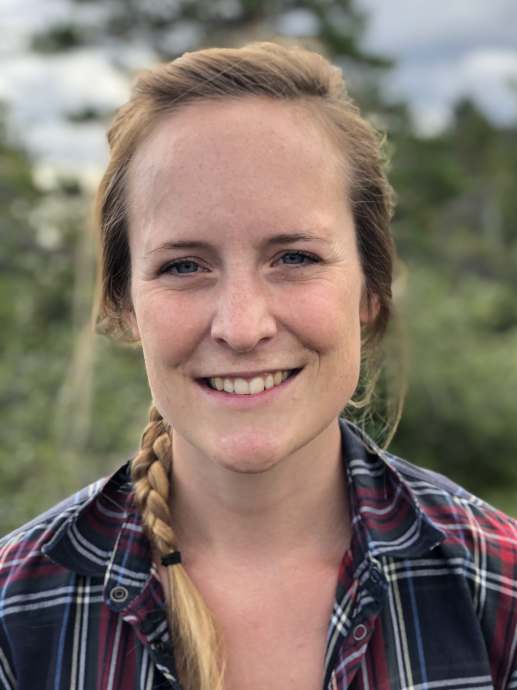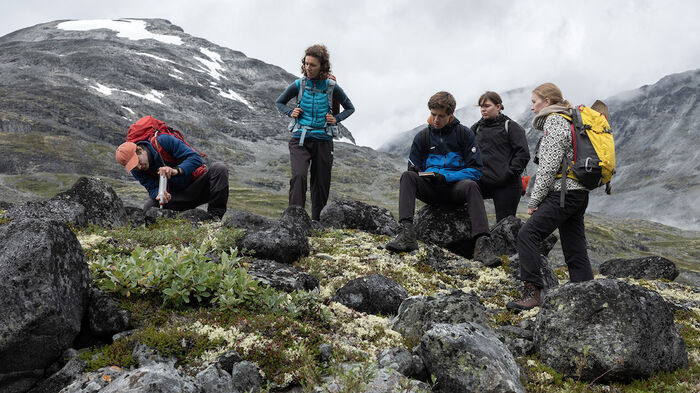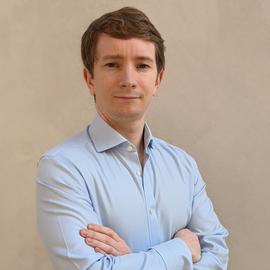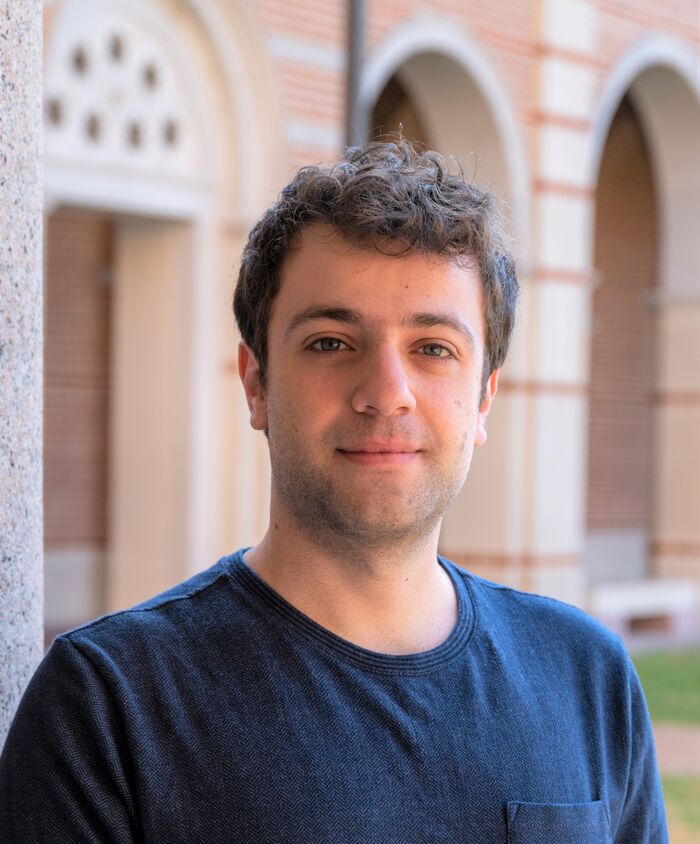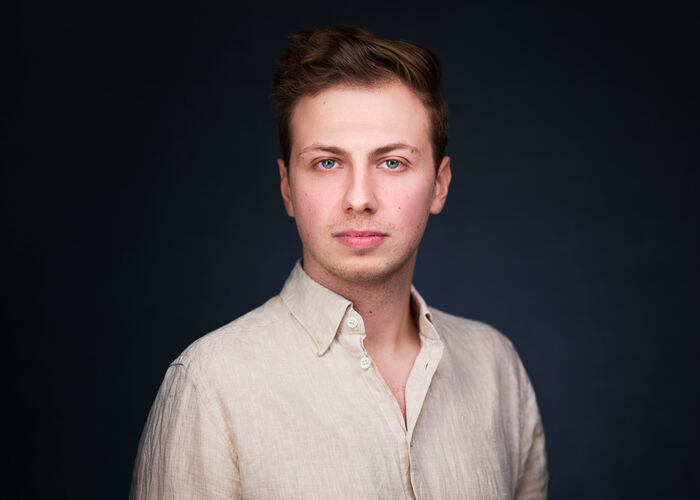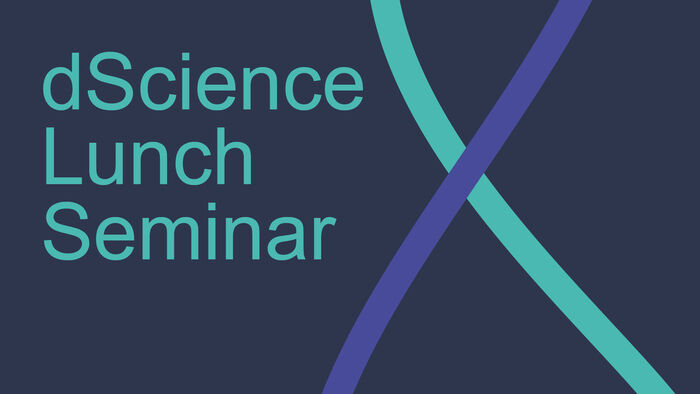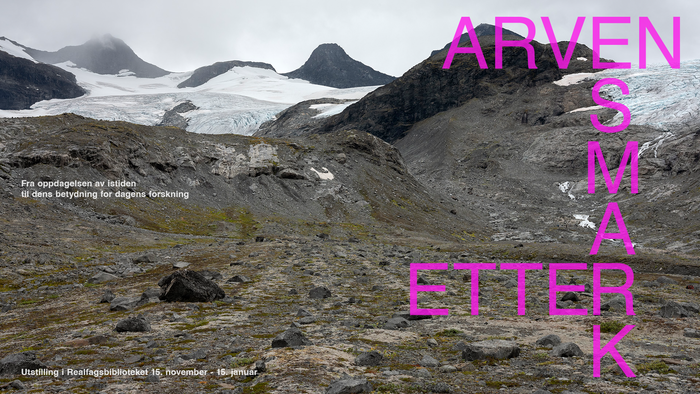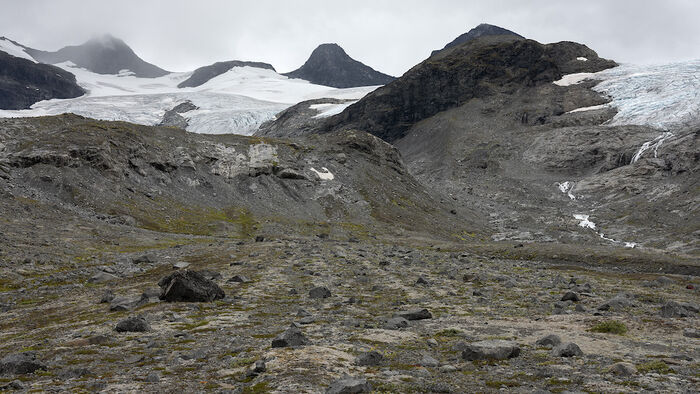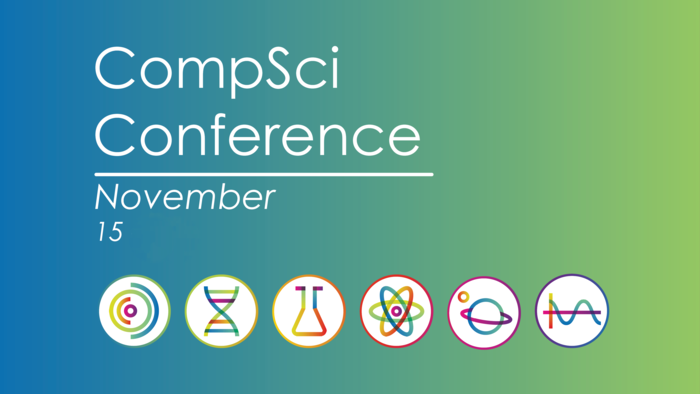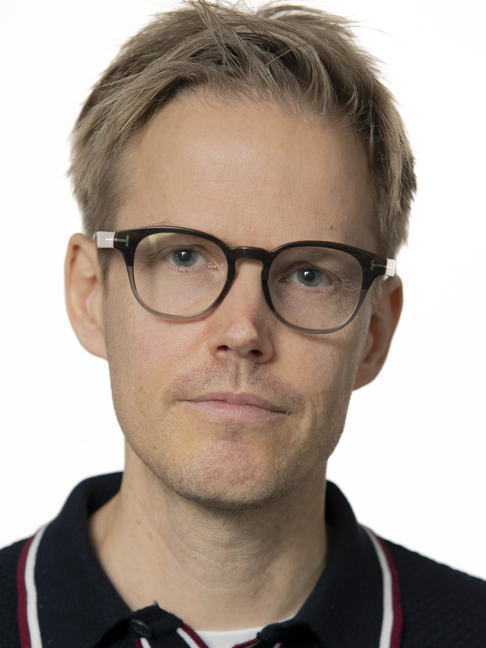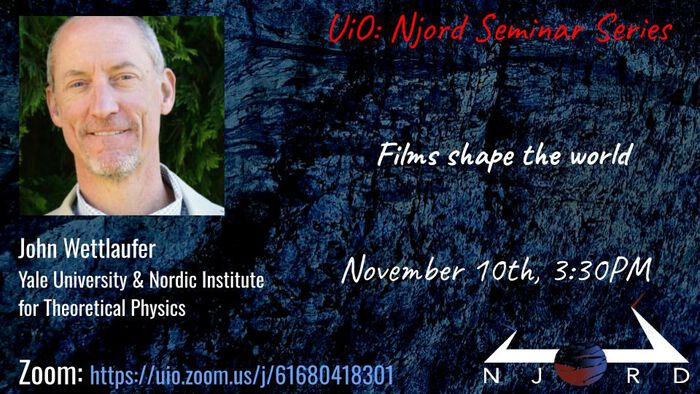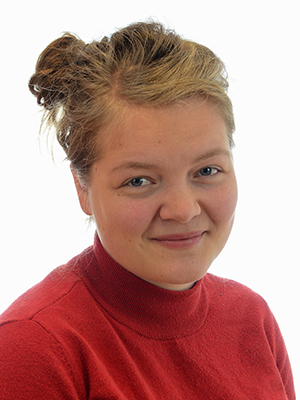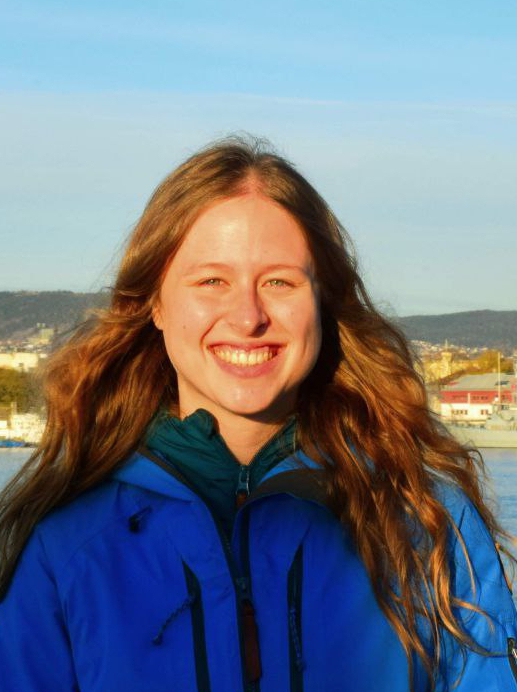Previous events - Page 24
The 2023 Almlöf—Gropen Lecture will be given by Prof. Dr. Frank Neese, Director at the Max Planck Institute for Coal Research, Mülheim, Germany, on Tuesday 21st November 2023 (in Oslo) and Thursday 23rd November 2023 (in Tromsø) as part of a seminar that also features contributions from Dr. Sigbjørn Løland Bore and Dr. Torsha Moitra from the Hylleraas Centre.
Doctoral candidate Juditha Aga at the Department of Geosciences, Faculty of Mathematics and Natural Sciences, is defending the thesis The thermal regime and stability of permafrost in sloping terrain - observations and numerical modelling for the degree of Philosophiae Doctor.
Vi markerer 200-års jubileet for Jens Esmark sin oppdagelse av istiden med foredraget "En ny lesning av landskapet" ved Geir Hestmark fra Institutt for biovitenskap.
On November 21-23 the Integreat team and partners convened for the first-ever kick-off meeting at the historic Tøyen Hovedgård in Oslo. The event marked a crucial milestone for the Integreat community and served as an opportunity to articulate common goals, define the purpose of upcoming projects, and facilitate team building.
David Marsan is a professor at University of Savoy Mont Blanc - Chambery (Université Savoie Mont Blanc), ISTerre Laboratory.
Hylleraas seminar, hosted in Tromsø
Welcome to the GEOHYD Lunch Seminar Monday 17th of November @ 12:15 in Aud. 1, Geology building, or via video link using Zoom. The seminar is held by Simon Filhol (UiO).
We combine a pressure correction scheme with interior penalty discontinuous Galerkin (dG) discretisation to solve the time-dependent Navier–Stokes equations. We prove unconditional energy stability and a priori error estimates for the velocity. With duality arguments, optimal L2 error rates are obtained. Convergence of the discrete pressure is also established. Further, we propose a splitting scheme, integrating the pressure correction approach, for the Cahn–Hilliard–Navier–Stokes system The numerical analysis of dG combined with this scheme is discussed. Namely, we show well--posedness, stability, and error estimates. Numerical results with manufactured solutions display our theoretical findings, and a spinodal decomposition example portrays the robustness of our approach.
Tim Zimmermann, PhD student at the Institute of Theoretical Astrophysics, University of Oslo.
Assessing extinction risk: a Population Viability Analysis of the Norwegian population of harbour seals (Phoca vitulina)
Blood Parasites, Fitness and MHC in the Bluethroat (Luscinia svecica)
Daniela Sueldo is an Associate Professor at the Department of Biology, NTNU. Daniela’s research focus is deciphering the molecular mechanisms that lead to the execution and control of cell death in photosynthetic organisms as part of the response to environmental stress
Dr. Joachim Mossige, Dept. of Physics, UiO.
Welcome to our weekly lunch seminar held in the dScience lounge area. This Thursday we are happy to welcome Olivier Lartillot and Lars Monstad from RITMO Centre for Interdisciplinary Studies in Rhythm, Time and Motion.
For 200 år siden oppdaget geologen Jens Esmark, gjennom å observere formasjoner i landskapet, at Jorden en gang måtte ha vært dekket av is. Ved å studere isbreer kan dagens forskere rekonstruere historiske klimaforhold og miljøendringer, kartlegge hvordan landskapet har forandret seg gjennom tiden, samt sette dagens hurtige klimaendringer i et lenger perspektiv.
Velkommen til GeoOnsdag spesial. Vi markerer 200-års jubileet for Jens Esmark sin oppdagelse av istiden i 1823 med foredrag og utstillingsåpning.
Welcome to this conference for CompSci PhD candidates and supervisors. The conference is also open for people interested in these topics, and for the CompSci partners.
Traditional quantile estimators are not well-suited for data streams because the memory and computational time increase with the volume of data received from the stream. Incremental quantile estimators refer to a class of methods designed to maintain quantile estimates for data streams. These methods operate by making small updates to the estimate every time a new observation is received from the stream. In this presentation, I will introduce some of the incremental quantile estimators we have developed.
Elise Lockwood:
Computational thinking and activity are becoming an increasingly important aspect of what it means to conduct scientific and mathematical work. In light of this, there is a need for mathematics education studies that examine the ways in which students engage with computational tools as they reason about scientific and mathematical concepts.
In this talk, I provide an example of how such computational activity can support the desirable mathematical practice of generalizing. I provide data from an interview with a student who engaged in generalizing activity while using Python to solve combinatorial problems.
I connect his work to the literature on generalization and suggest that there are promising avenues to pursue in leveraging computing for such mathematical practices. I conclude by framing this work within ongoing efforts to better understand the nature of computational thinking and activity for undergraduate students.
John Wettlaufer is a professor at both Yale and the Nordic Institute for Theoretical Physics in Stockholm.
by Leandro Gallo
Centre for Planetary Habitability
Doctoral candidate Christiane Færestrand Ellefsen at the Department of Pharmacy, Faculty of Mathematics and Natural Sciences, is defending the thesis "Structural and immunomodulatory properties of β-glucans from edible mushrooms" for the degree of Philosophiae Doctor.
Florine Enengl will defend her thesis “Investigation of Ionospheric Plasma Structuring and Processes related to Auroral Particle Precipitation” for the degree of Philosophiae Doctor at the University of Oslo, Faculty of Mathematics and Natural Sciences.

